1. Massachusetts
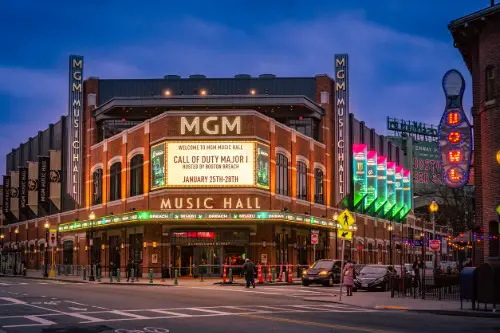
Massachusetts locals are known for being a bit standoffish, especially in Boston. The state has a reputation for what some call the “Masshole” attitude—brusque, blunt, and not always warm to newcomers, according to Kristi Palma from Boston.com. It’s not that people here are mean, but they often value directness over charm, which can be jarring to outsiders. Add in the fast pace and heavy traffic, and it can feel like a cold shoulder rather than a warm welcome.
Transplants have reported it’s hard to make friends here, especially if you didn’t grow up in the area or go to school locally. Social circles can be tight-knit, and breaking into them takes time and patience. Even small talk at the grocery store isn’t the norm. Still, once you’re “in,” people do tend to be fiercely loyal—just don’t expect that overnight.
2. Alaska
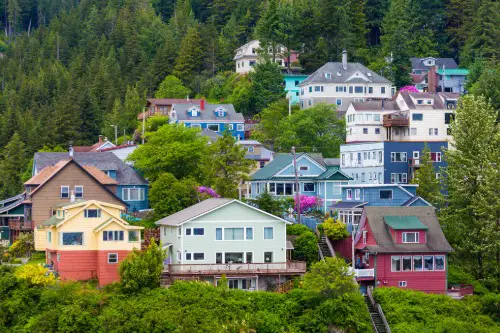
Alaska is physically remote, and its social landscape can feel equally distant for newcomers, according to Amy Newman from Business Insider. Many residents move here specifically to get away from crowds and outside influences, which can make it tough for outsiders to integrate. There’s a strong sense of self-reliance and independence that doesn’t always leave room for friendliness. Combine that with long, dark winters and isolation, and it’s easy to feel like an outsider.
Locals often rely on tight-knit communities for support, and it can take years to build those relationships. Newcomers sometimes say they feel invisible unless they’ve proven their toughness and commitment to the lifestyle. Even then, don’t expect people to drop everything to help—they value boundaries and space. The welcoming committee here looks more like a moose than a neighbor with a pie.
3. Vermont
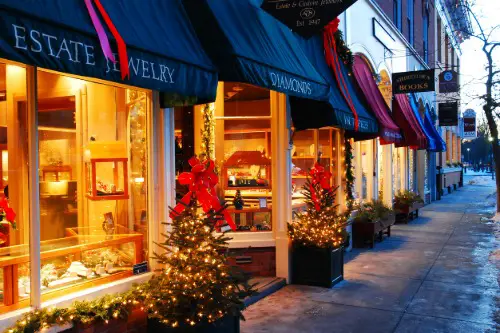
Vermont has a slow, rural rhythm and a population that doesn’t turn over much, which can make it hard to break into socially, according to Myra Flynn from Vermont Public. Longtime residents are proud of their local traditions and tight communities, and they’re wary of outsiders trying to “change” things. This is especially true in smaller towns, where everyone knows everyone—and they’ll know you’re not from around here. The state’s progressive politics don’t necessarily translate to social warmth.
People tend to be polite but reserved, and conversations can stay surface-level for a long time. There’s an undercurrent of “you’re welcome to visit, but don’t overstay.” Transplants often report feeling tolerated more than embraced. And unless you embrace the local culture fully—think maple syrup, flannel, and a compost pile—you may stay on the fringe.
4. Wyoming
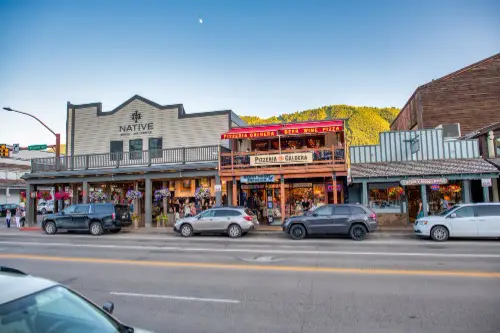
With one of the lowest population densities in the country, Wyoming residents are used to solitude. People move here to get away from city life and enjoy their space, and that mindset often extends to how they interact with newcomers. There’s a strong independent streak, and “don’t tread on me” is more than a bumper sticker here—it’s a lifestyle. Outsiders can be met with suspicion, especially if they come from more urban areas, according to Kerry Drake from WyoFile.
Many locals have generational roots, and they don’t always take kindly to people moving in and “Californicating” the place. That word—yes, it’s real—is often used to describe newcomers who bring different politics or expectations. Social gatherings exist, but they’re often private or built around shared work like ranching or rodeo. If you weren’t born here or don’t have a local sponsor of sorts, you’ll likely feel like you’re on the outside looking in.
5. New Hampshire
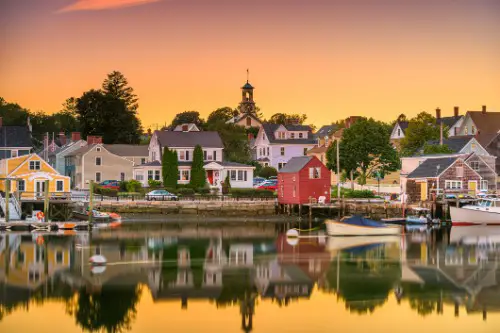
Live Free or Die isn’t just a motto—it’s a mentality that shapes daily life in New Hampshire. People are friendly in a distant sort of way, but they’re also very private. It’s not unusual to live next to someone for years and never exchange more than a nod. The independent streak here makes people wary of government, regulation, and sometimes even new neighbors.
Transplants often report that it’s tough to build deep relationships unless you have family ties or grew up nearby. Many communities are small and insular, and they like to keep it that way. Even in more populated areas like Manchester or Concord, there’s a quietness that can feel isolating. The state may be beautiful, but its welcome can feel chilly unless you really dig in.
6. North Dakota
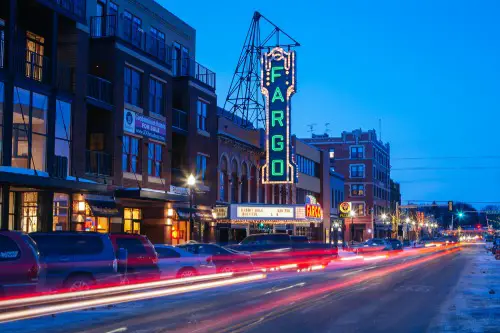
North Dakota has long winters, strong communities, and a culture built on stoicism. People are generally kind, but that kindness is quiet and understated—it’s not going to come with a warm embrace or enthusiastic small talk. Locals tend to stick with people they know, and social life often revolves around family or church. For outsiders, it can feel like everyone already has their dance partner and isn’t looking for a new one.
Even if you show up with a willingness to help out and a solid work ethic, it takes time to build trust. There’s a strong cultural value placed on humility and modesty, so being too outgoing or flashy can actually work against you. It’s also a state where people aren’t big on asking for help—or offering it without a good reason. You’ll likely be accepted eventually, but don’t expect a ticker-tape parade on arrival.
7. Maine
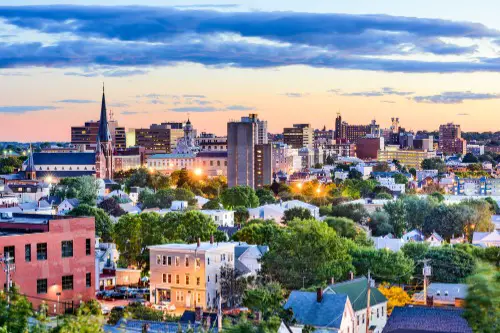
Maine has a famously reserved population, especially in its rural areas. There’s even a saying: “You can’t get there from here,” which doubles as a metaphor for how hard it can be to penetrate social circles. Locals are polite but slow to open up, and they value their privacy and quiet. If you’re from “away” (their term for anyone not born in Maine), you might wear that label for life.
Tourists are one thing, but people moving in permanently—especially from cities—aren’t always embraced right away. Newcomers often say they feel tolerated more than welcomed, even after several years. There’s pride in the local way of life, and outsiders are expected to adapt without making waves. If you’re patient and respectful, it gets better—but it’s not instant.
8. South Dakota
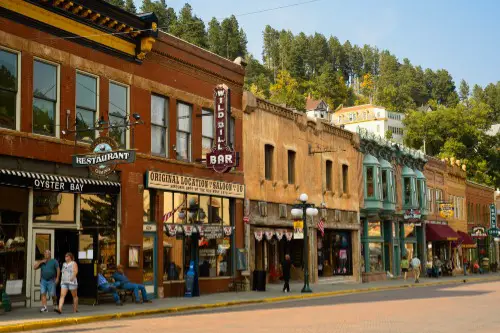
South Dakota shares a lot with its northern neighbor: long winters, reserved communities, and a strong sense of self-sufficiency. People are nice in the classic Midwestern way—pleasant, but not necessarily warm. You’ll get a smile, maybe even a wave, but deep relationships are harder to come by unless you’re part of the local fabric. This is especially true in smaller towns where family names go back generations.
Newcomers often report feeling invisible unless they marry into a local family or join a tight-knit church group. If you’re not part of those networks, it can feel like everyone is living in a parallel world. Even volunteering or showing up at community events doesn’t always guarantee acceptance. People here believe in earning trust slowly, not giving it away freely.
9. Montana
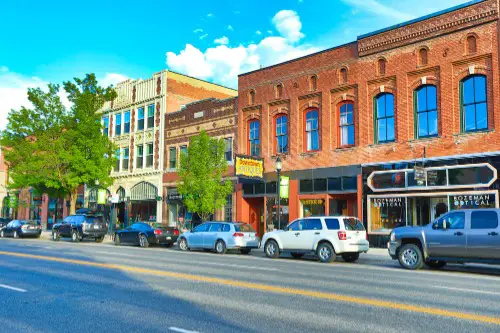
Montana has become a popular destination for people fleeing crowded cities—but that popularity hasn’t always been welcomed. Locals are fiercely proud of their land, heritage, and slower way of life, and they’re wary of outsiders who might disrupt that balance. Transplants from places like California and Texas have caused tension in recent years, particularly around real estate and politics. There’s a quiet resentment toward anyone seen as not respecting the “Montana way.”
If you’re moving in, be prepared to prove you belong—not by talking, but by doing. Being humble, respectful, and willing to get your hands dirty goes a long way. Locals tend to watch from a distance before letting anyone new in. It’s not that they don’t want friends—it’s that they want to know you’re sticking around.
10. Iowa
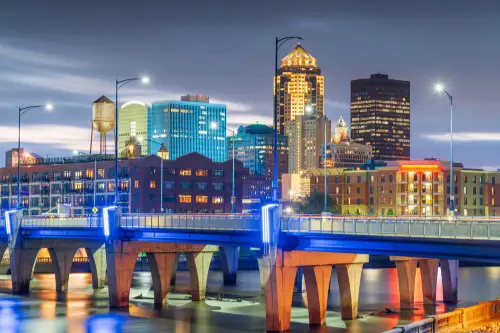
Iowa is often described as friendly on the surface, but hard to break into socially. People are polite, but real friendships can be hard to come by if you weren’t born and raised there. Many social groups are built around long-established families, schools, or churches, and they don’t shift much over time. Even in cities like Des Moines or Cedar Rapids, this small-town mentality lingers.
Outsiders sometimes report feeling like there’s a “smile, but don’t stay” vibe. The friendliness is real—but it’s also formal and doesn’t always extend beyond basic interactions. You’ll be greeted, sure—but invited over for dinner? That might take years. It’s a place where actions speak louder than words, and you’ll need to show up, consistently, to be considered part of the group.
11. Oregon
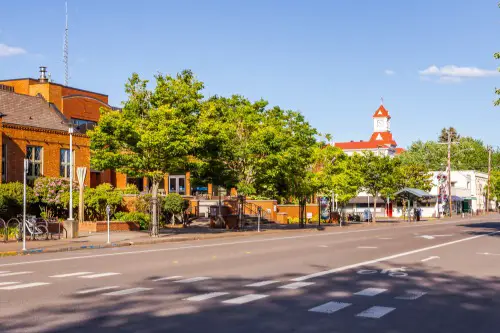
You might expect Oregon to be super welcoming given its progressive reputation, but many newcomers feel an undercurrent of resistance. Especially in smaller towns outside Portland, there’s a noticeable “you’re not from here, are you?” attitude. Longtime locals have watched waves of people move in—often driving up housing prices—and they’re not always thrilled about it. That quiet resentment can show up in subtle ways, from standoffish neighbors to local politics.
While Oregonians tend to be polite, they’re also deeply protective of their state’s identity. There’s pride in sustainability, individuality, and a distinct “Pacific Northwest” culture. Outsiders who don’t blend in quickly can find themselves on the fringe. If you come in hot with big changes or city expectations, you’ll likely get the cold shoulder.
12. Minnesota
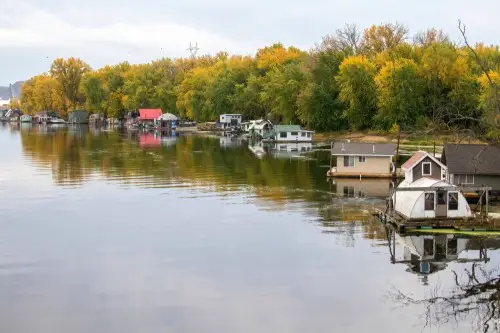
Minnesota is known for “Minnesota Nice,” but that doesn’t mean you’ll get a warm hug right away. The phrase often refers to a kind of passive politeness—people will smile, but not necessarily invite you in. Underneath the niceties, social circles can be incredibly hard to penetrate. Many newcomers report feeling lonely even after years of trying to make local friends.
There’s also a strong cultural value placed on not imposing, which can make interactions feel distant or overly formal. People don’t want to bother others, so they tend to keep to themselves unless there’s a reason to engage. You’ll find friendliness at the grocery store, but not necessarily a deeper connection. The warmth is real—it’s just very slow to heat up.
13. Idaho
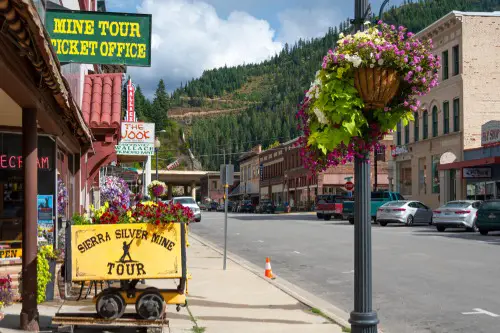
Idaho has seen a massive population spike in recent years, particularly in cities like Boise, and locals are feeling the growing pains. Longtime residents are wary of newcomers, especially those from California and other high-growth states, who they fear are changing the state’s character. There’s been open pushback in some communities, with “Don’t California My Idaho” bumper stickers and online forums dedicated to the topic. That tension can make the social atmosphere feel closed-off.
People here tend to be self-reliant, conservative, and community-minded—but only within their own circles. Newcomers often have to prove they’re not trying to change everything before being accepted. This process can take years, and even then, full inclusion isn’t guaranteed. It’s a beautiful state, but socially, it can be as rugged as its mountains.
14. Connecticut
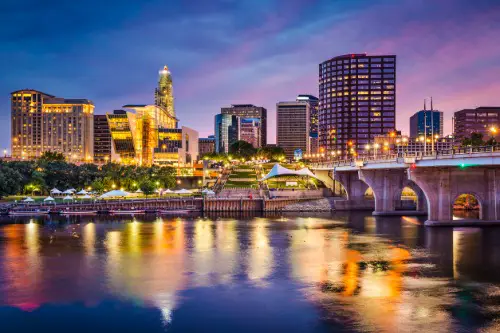
Connecticut sits between the hustle of New York and the charm of New England—but its social climate can be surprisingly chilly. In many towns, especially the wealthier ones, there’s a strong class divide that makes social integration difficult for outsiders. People tend to stick with their own—be that by zip code, income bracket, or school district. That can make it hard for newcomers to find their footing, even if they’ve moved in with good intentions.
The vibe here is often described as formal, a little buttoned-up, and not particularly open to strangers. There’s a lot of pride in legacy and lineage, and if you don’t have a history in the area, you might feel like you’re always catching up. Even in more liberal pockets, the social culture leans reserved rather than inviting. Unless you already know someone—or grew up in the club—you might stay on the outside.
15. West Virginia
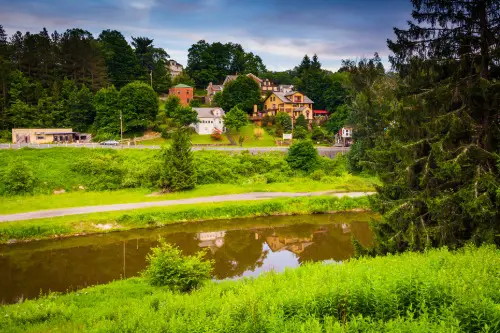
West Virginia is full of natural beauty and rich traditions—but that strong cultural identity can be a barrier to outsiders. People here are proud of their Appalachian roots and often skeptical of anyone who didn’t grow up with the same values. There’s a deep sense of community, but it’s built around family, church, and decades-long relationships. Breaking into that circle can feel next to impossible for newcomers.
Outsiders, especially those from urban areas or different regions, may be viewed with suspicion or even outright hostility. This isn’t about politics alone—it’s about lifestyle, values, and a wariness of change. Many transplants say it takes years to feel even remotely accepted, if it happens at all. You’ll need patience, humility, and a whole lot of respect for the local way of life to be more than just a visitor here.


